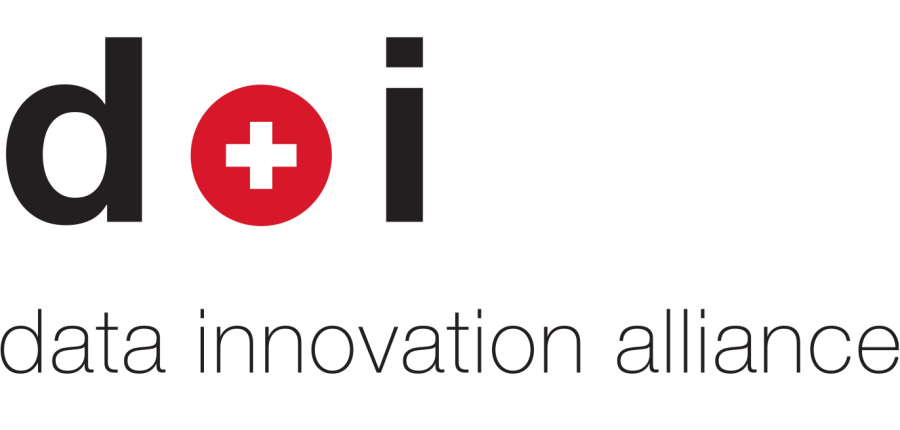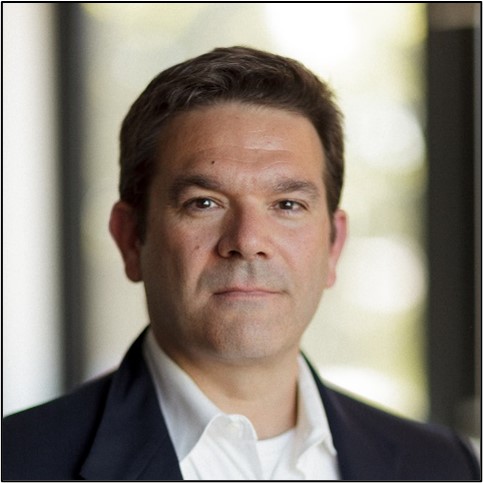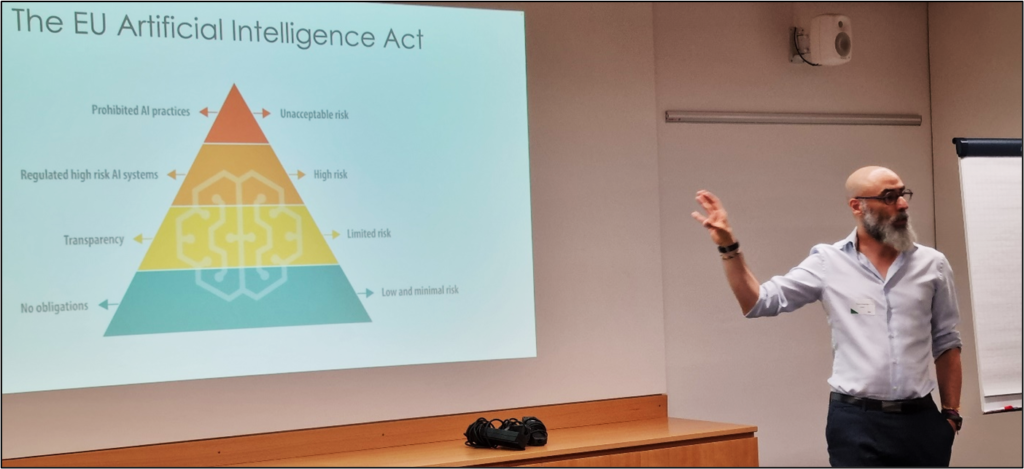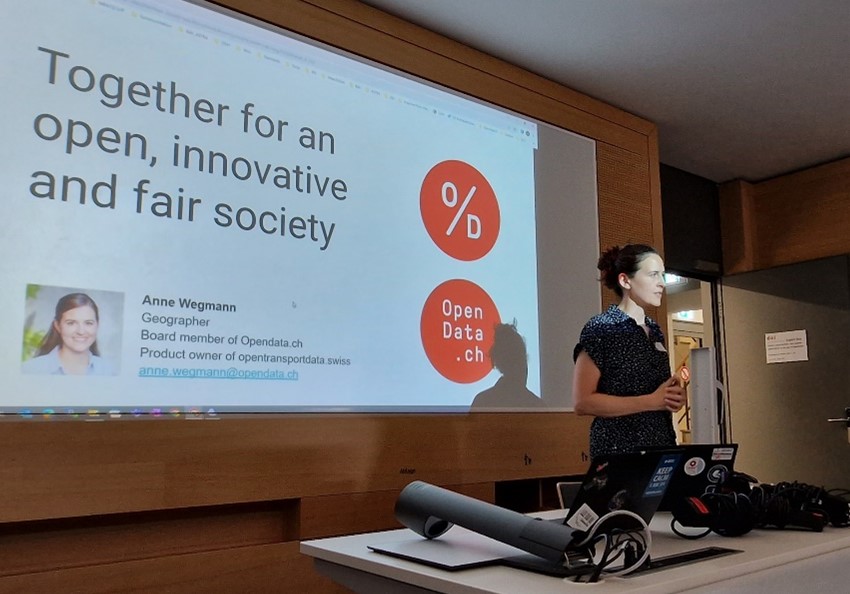
Expert Day – Technopark Zurich
By Reik Leiterer and Gundula Heinatz, data innovation alliance
On the 24th of August, the data innovation alliance once again organized an Expert Day – this time at the Technopark Zurich, ideally suited for this purpose with its important role in the innovation ecosystem of Switzerland. Current challenges in the field of data science were addressed and the 50 participants were able to enjoy an exciting program with a keynote speech and parallel, subject-specific workshops.

In addition to several input talks, the workshops also included ideation sessions in which challenges were identified and possible solutions discussed in the context of the databooster program (powered by Innosuisse). As usual, the event was concluded with an aperitif used for a lively exchange between the experts – and all participants agree: Together we move faster.

The Expert Day was kicked off with a keynote by Kyle Alves (Senior Lecturer of Information Systems & Operations Management, University of the West of England), who presented experiences of creating the world’s first digitally traceable sandwich. The Digital Sandwich project is a national demonstrator of a digitalized food supply chain, focused on sandwich manufacturing – relying on an integrated digital platform that fuses multiple industrial digital technologies (Blockchain, AI, IoT, Finance) into a single technology stack operating within a standard business ERP.
Of course, this is not a trivial process and thus Alves presented the interdisciplinary challenges they faced: in the areas of food production, land use, policy/regulation, food logistics, energy systems, consumer behaviour, and many others.
Directly linked to this topic, a Data Food Challenge was carried out (organized by Shaun West – Expert Group Smart Services) to illustrate the diversity of opportunities associated with the increased adoption of digital technologies in food chains.

The challenge team (see photo) dealt with topics such as the adoption of new supply chain technology by SMEs, what knowledge and skills are needed for sustained performance, or possibilities on how food supply chain performance can simultaneously meet ESG requirements and profitability targets.
As AI continues transforming all application sectors, discussions about its ethical implications and regulatory requirements are gaining a lot of traction. The workshop Machine Learning and Responsible AI took up precisely this current development. Organized by Ricardo Chavarriaga (ZHAW), Philipp Schmid (CSEM), Andrea Dunbar (CSEM) and the Databooster Focus Topic on Responsible AI, the current state of discussions on ethical implications and regulation of AI systems was presented, and the participants learnt about state-of-the-art techniques for explainability and interpretability. Next to enjoying the inspiring impulse talks about “Ethics, Operationalizing Responsible AI and regulatory compliance» and «Advancements in Interpretable AI for Healthcare: Paving the Way Towards More Reliable Computational Models”, the participants got the opportunity to discuss their specific challenges, meet potential partners and identify ideas to follow. Moreover, representatives of the Databooster program were present to help participants in receiving further support for developing innovative approaches and further research to address challenges in responsibly applying AI in real-world cases.

The workshop Hidden opportunities: Geo-spatial applications in the age of OpenData (organized by the databooster Focus Topic Spatial Data Analytics), had the aim to bring together experts from different fields to jointly identify needs and possible new approaches in the field of open data and geospatial applications. Impulse talks by Anne Wegmann about the opendata organisation,

Florian Scheidegger (IBM Research) and Raphael von Thiessen about the KI Sandbox offered by the Canton of Zurich) and Michele Bolla about the GeoML use case developed by ERNI, showed how complex and diverse the topic of opendata is in Switzerland. In the subsequent Idea session, it became clear that there is still a lot of potential for development, especially in the linking of open data, the standardization and harmonization of meta-information, and the transformation of ideas into profitable business models.
The workshop Build a Cloud IoT System Using a RaspberryPi offered by D-ONE (Heiko Krömer, Stepan Gaponiuk) gave an interactive hands-on experience with the Internet of Things (IoT). Participants were able to set up their own end-to-end cloud IoT-system using RaspberryPi microcontrollers and following a brief theoretical introduction to RaspberryPi, a sensor to controller connection was realized.
The format convinced once again with very good speakers and open-minded participants interested in exchange and cooperation. We are already looking forward to the next event and a lively and active participation.